The library is recalling a lot of books, so it’s time for some short assessments as I try to clean out one of the shelves here.
Graphic Novels
Lynda Barry–The Freddie Stories. It’s a quick read, and some moments are engaging, but I got irritated by each two page spread being its own chapter. Why? Because many of the stories of course took more than two pages–the small interruptions into the flow of the tales wore on me. Or maybe I just like Barry in smaller doses overall.
Juan Diaz Canales & Juanjo Guarnido–Blacksad (and Blacksad: A Silent Hell). If I ever get to teach the Spanish literature course (in Spain) that I’d like to, I will teach Blacksad. I really, really love the art. I enjoy the way these Spanish artists depict New Orleans, where Blacksad resides. However, it’s sometimes hard for me to get into the stories. Blacksad is a P.I. He and the other characters in the books are anthropomorphized animals. However, the P.I. thing just doesn’t always work for me. For example, I find it almost laughable when Blacksad takes on the case of a murdered former lover: “Out there, hiding somewhere, was the guilty one. Guilty of at least two murders, for he had killed a person and my memories.” Except, um, we just saw his beautifully illustrated memories, so . . .
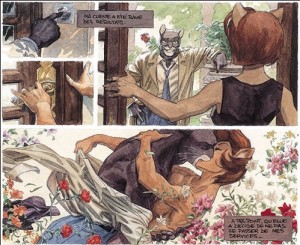
For example, this memory, from Blacksad
Ursula Vernon–Digger Volume 2. The Digger series won the Hugo in 2012 in the Graphic Novel category. Digger is an engineering Wombat who enters a far off land through a strange hole. She tries to find her way back. It took me a long time to figure out that Digger was a woman, by the way, which is also why I like the series. She’s a digger, but not one for traditional human gender roles. Solid black and white art.
Francesco Francavilla–The Black Beetle: No Way Out. A superhero mystery. I didn’t get past the first few pages. A hot, vulnerable female scientist gets attacked by mysterious strangers. She gets saved by another mysterious stranger. There’s a mystery here, but I’m just feeling the cliche.
Inoue–Pepita. This is a sort of graphic (including pictures) travelogue as the Japanese artist Inoue explores the work and life of Gaudi. One of my great dreams is to see Barcelona one day so I can see Gaudi’s work up close. It’s always called to me. This is for people who love Inoue or Gaudi or architecture in general, but definitely not for everyone.
Darryl Cunningham–How to Fake a Moon Landing. This is a non-fiction text. Cunningham devotes chapters to debunking anti-science myths (like the Moon trip was a hoax, like there’s no global warming, etc.) One chapter which confused me was the anti-chiropractor chapter. Cunningham does not like chiropractors. He says they claim they can cure diseases with physical manipulation and that no one should ever claim they can fix back pain (he strangely says that nothing can cure it and also that drugs are safer). Cunningham is British–maybe that’s the issue. My American chiropractors have never spouted the nonsense he says they do. And I’ve actually had many issues completely resolved through chiropractic treatment, after trying drugs and the other stuff. (But no, nothing can “cure” long term back pain. However, both drugs and chiropractic can help manage it.)

A Gaudi apartment building
Prose Fiction
Kate Milliken–If I’d Known You Were Coming. Highly praised short story collection. I read this in book group a few weeks ago. I don’t remember most of the stories now. They were well written, but nothing is staying. Nothing needs that second read.
Gary Shteyngart–Absurdistan. Now that I’ve read a few satires in novel-length form, I’m more convinced that satire is really best when short. Our rich Russian hero is spoiled, fat, and absurd. He is emasculated in every way, but it doesn’t matter because of his money. His father’s money, to be precise, has every woman throwing themselves at him and men clamoring for his attention. The one woman he loves, though, allows herself to be drawn into an affair with her professor. Our hero ends up in Absurdistan while trying to leave Russia. People think there’s oil. There’s a little uprising. & so on. There are funny moments. Those who know about satellite nations and the problems of countries like Moldova will like this better than those who try to read it from a purely American lens. But overall: meh.
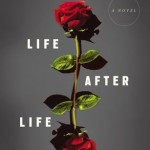 Kate Atkinson–Life After Life. Our heroine dies. A lot. Her life then restarts, and through small changes, she survives. Sometimes longer. Sometimes not. She sometimes does things she can’t explain (pushing someone down the stairs to guarantee that a train will be missed, etc.) It took me a while to get into it, but once I did, I loved it. Great backdrop of WWII (there’s even a life where she knows Hitler). Deservedly award-winning.
Kate Atkinson–Life After Life. Our heroine dies. A lot. Her life then restarts, and through small changes, she survives. Sometimes longer. Sometimes not. She sometimes does things she can’t explain (pushing someone down the stairs to guarantee that a train will be missed, etc.) It took me a while to get into it, but once I did, I loved it. Great backdrop of WWII (there’s even a life where she knows Hitler). Deservedly award-winning.
Ruth Ozeki–A Tale for the Time Being. This beat out Pynchon for an award I assume only goes to the very post-modern. You see, a novelist named Ruth is our narrator. She finds a Japanese school girl’s lunchbox (complete with diary) on the beach after the Japanese tsunami. I was completely taken by the Japanese girl’s story, which involves her father’s depression, her being bullied, her fabulous grandmother (a nun). Ruth’s story was boring to me (though one member of book group had the opposite response), as it was just her reading the diary, not worrying enough about her husband’s missing cat, and doing internet research to try to find the Japanese girl. A good read, but I would cut out a lot of Ruth. And I wouldn’t recommend this on a kindle (mine, anyway. There are footnotes to translate some of the Japanese, but my kindle won’t show footnotes until the end of a text).
Gillian Flynn–Gone Girl. Melissa had recommended this to me some time ago, and I just got around to reading it this week. In the first part of the novel, you have the narration of a man whose wife goes missing on their anniversary and the narration of the missing wife’s diary. One of them is lying. Thoughtful page turner. Recommended. 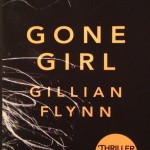
Jo Baker–Longbourn. I couldn’t get far into this. It’s the story of a maid at Longbourn–the Bennet house in Pride and Prejudice. Our narrator is not subtle (some of the ideas that should be teased out are spelled out for the reader, so they don’t miss them). In the first few pages, a mysterious male employee joins the household and is a jerk to her. Gee, I wonder what’s going to happen.
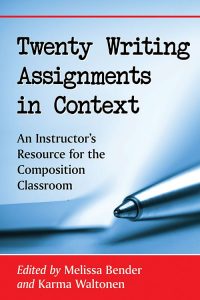

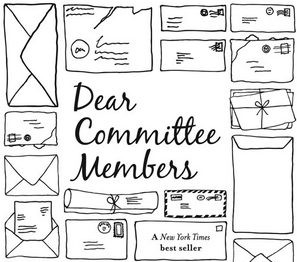
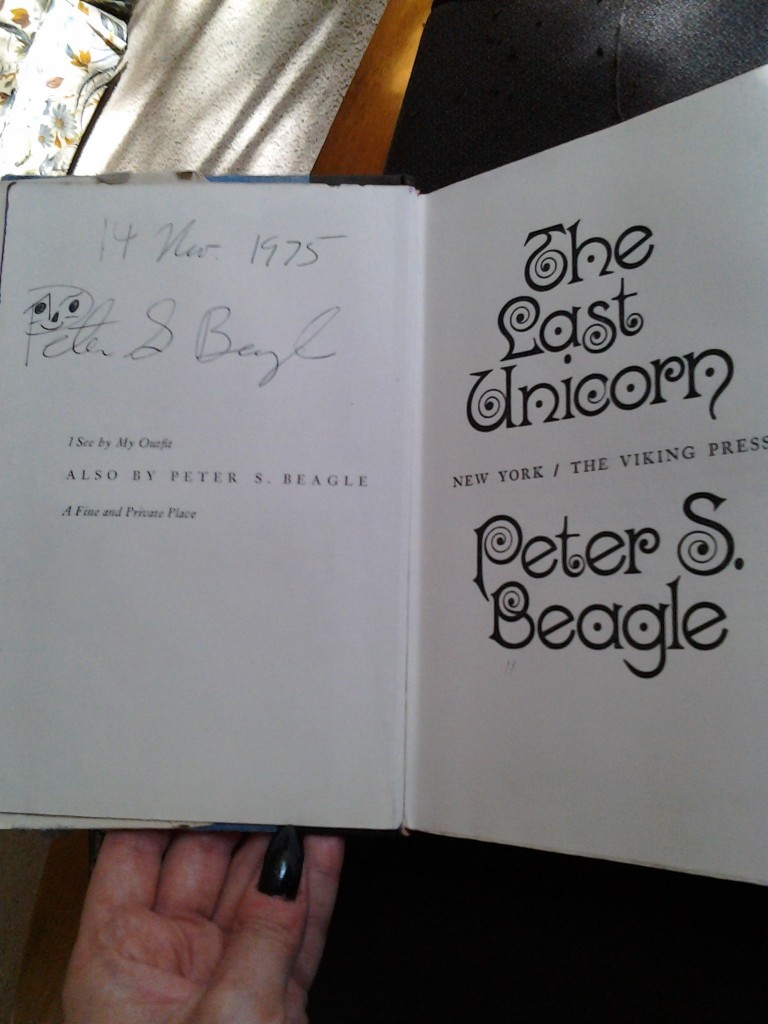









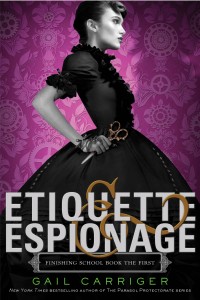
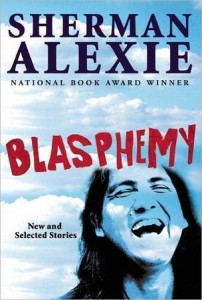
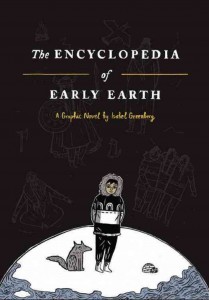
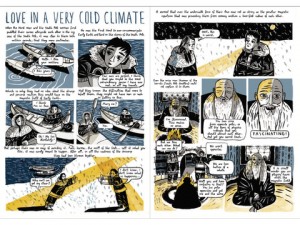
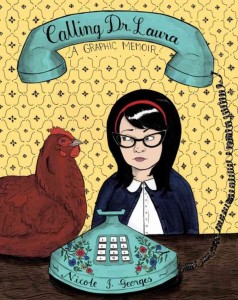
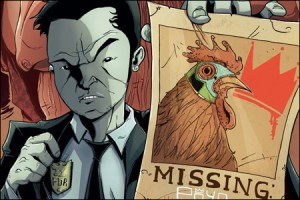



Recent Comments